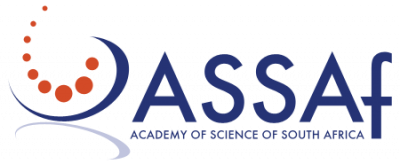


On 25 September 2015, the United Nations launched a set of 17 Sustainable Development Goals with targets for achievement by 2030.
From ending hunger and ensuring food security, to combating climate change and ensuring sustainable use of the oceans, science is at the heart of many of these goals.
But how do governments, United Nations organizations and other actors integrate the best science into their implementation plans to achieve one or other of the SDGs?
The IAP Conference, to be held in Hermanus, South Africa and hosted by the Academy of Science of South Africa (ASSAf) on 28 February to 2 March 2016, will investigate these issues by focusing on the topic of ‘Science Advice’.
By bringing together nations’ top talents, academies of science, medicine and engineering have long played the role of synthesizing the latest scientific results and providing credible, independent, peer-reviewed advice to policy-makers. But academies are not the only source of advice to governments – senior science advisers, committees of experts and other mechanisms are widely used in different countries.
Such mechanisms will be examined during the IAP Conference by a range of experts involved in providing science advice through a series of interactive sessions on the ‘Science advice ecosystem’, ‘Country readiness for science advice’, and the ‘Interplay between science advice, politics and the media’. Two additional sessions will have a more specific focus, namely ‘Science advice in times of disasters/emergencies’, and ‘Science advice in the international arena with a special focus on synthetic biology’.
The IAP Conference, which will be opened by the South African Minister of Science and Technology, the Hon. Naledi Pandor, is receiving financial support from the South African Department of Science and Technology, and also marks the 20th anniversary of the establishment of ASSAf.